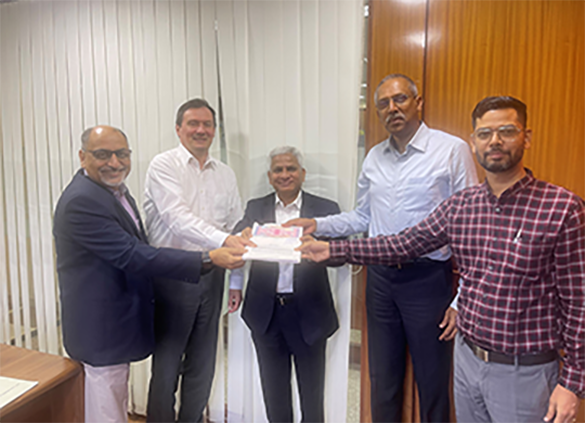Aker Solutions to Develop Carbon Capture Terminal for Celsio at Port of Oslo
Aker Solutions has been awarded a front-end engineering and design (FEED) contract by Hafslund Oslo Celsio to develop a CO2 terminal for intermediate storage and export at the port of Oslo, Norway.

Aker Solutions, a leading provider of engineering solutions, has secured a FEED contract from Hafslund Oslo Celsio (Celsio) for the development of a CO2 terminal at the port of Oslo. This initiative is part of the Oslo carbon capture and storage (CCS) project aimed at reducing the city's CO2 emissions, particularly from the Celsio waste-to-energy plant at Klemetsrud. The terminal will serve as a transitional storage facility for CO2 captured at the plant, facilitating its transportation to the Northern Lights terminal at Øygarden on Norway's west coast.
The Celsio CCS project, including the Northern Lights storage, is a component of Longship, the Norwegian Government's comprehensive CCS project. This project also encompasses CO2 capture at Heidelberg Materials’ cement plant in Brevik, with Aker Carbon Capture and Aker Solutions delivering the carbon capture plant.
Henrik Inadomi, executive vice president of new energies at Aker Solutions, emphasized the company's growing expertise in supporting the entire CCS value chain, from capture and transportation to permanent storage. Aker Solutions aims to build on this expertise and strengthen its relationship with Celsio, having engineered a cost-efficient and effective layout for the project.
Knut Inderhaug, Managing Director at Hafslund Oslo Celsio, highlighted the significance of Aker Solutions' involvement in the project's second phase and the challenges ahead in realizing carbon capture in Oslo. The project's success hinges on improved framework conditions and income potential.
The Celsio carbon capture project, which treats household and industrial waste, has the potential to deliver negative emissions due to the biogenic CO2 content of the waste. This project could provide valuable insights for the European waste-to-energy industry, which includes close to 20 facilities in Norway and around 500 similar facilities across Europe.
Source: Carbon Herald



